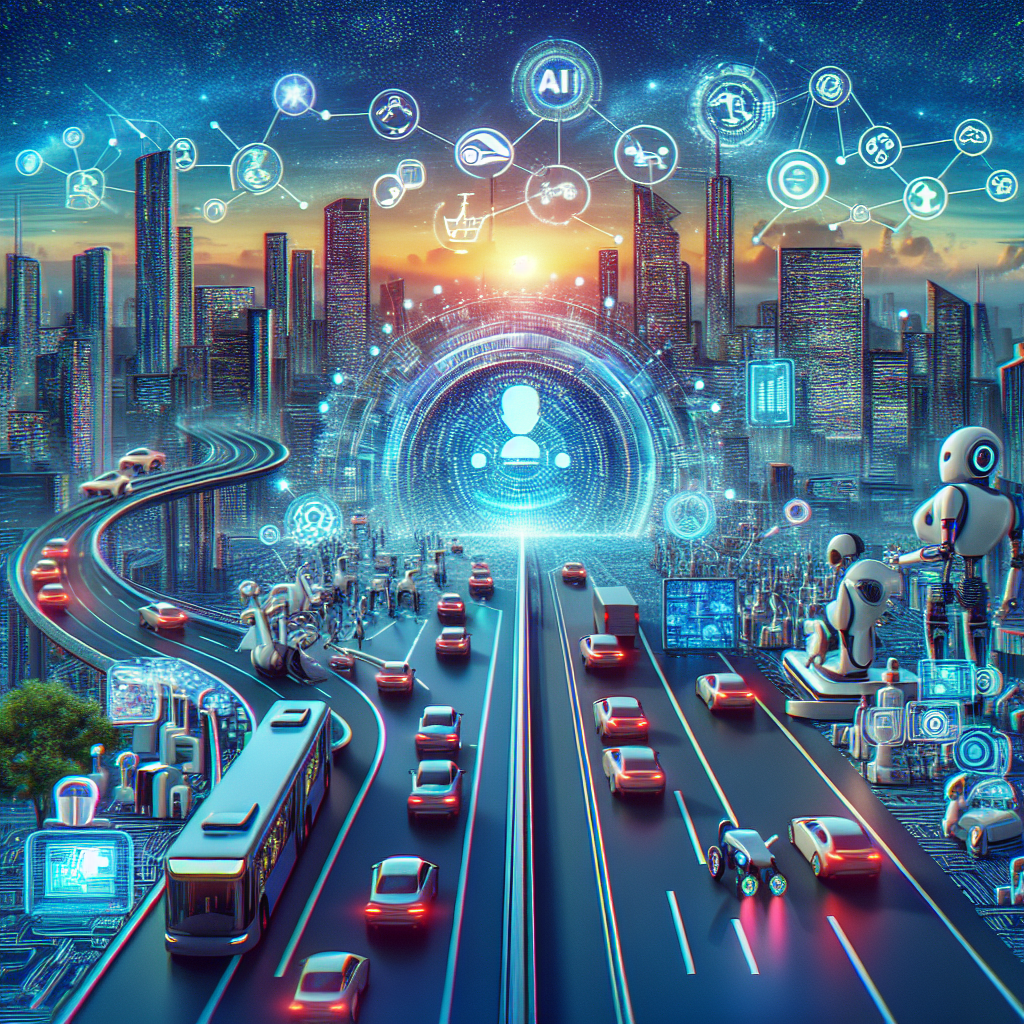Artificial General Intelligence (AGI) is a term that is becoming increasingly popular in the field of technology and artificial intelligence. AGI refers to a type of AI that possesses human-like cognitive abilities, allowing it to perform a wide range of tasks and learn from its experiences in a way that is similar to how humans learn. While current AI systems are generally designed for specific tasks and are limited in their abilities, AGI has the potential to revolutionize many aspects of our lives and society as a whole.
In this article, we will explore the role of AGI in the future of technology, its potential benefits and risks, as well as some common questions and concerns that people may have about this emerging technology.
Understanding AGI
AGI is often referred to as “strong AI” or “full AI,” as it represents the next step in the evolution of artificial intelligence. Unlike current AI systems, which are designed for specific tasks such as image recognition or natural language processing, AGI is capable of performing a wide range of tasks and learning from its experiences in a way that is similar to how humans learn.
The development of AGI has the potential to revolutionize many aspects of our lives and society as a whole. AGI could be used to automate a wide range of tasks, from driving cars to diagnosing medical conditions, and could lead to significant advancements in fields such as healthcare, transportation, and education.
Benefits of AGI
There are many potential benefits to the development of AGI. One of the key advantages of AGI is its ability to perform a wide range of tasks with a high level of efficiency and accuracy. This could lead to significant cost savings and improvements in productivity across a wide range of industries.
AGI could also help to address many of the complex challenges facing society today. For example, AGI could be used to analyze large amounts of data to identify trends and patterns that could help to address issues such as climate change, poverty, and disease.
In addition, AGI could help to improve the quality of life for many people by providing personalized recommendations and assistance in areas such as healthcare, education, and entertainment. For example, AGI could be used to develop personalized treatment plans for patients based on their individual characteristics and medical history, or to create personalized learning programs for students based on their learning preferences and abilities.
Risks of AGI
While the potential benefits of AGI are significant, there are also risks and challenges associated with its development. One of the key concerns about AGI is the potential for it to outperform humans in many tasks, leading to job displacement and economic inequality. As AGI becomes more advanced, it could potentially replace many jobs that are currently performed by humans, leading to widespread unemployment and social unrest.
There are also concerns about the potential for AGI to be used for malicious purposes. For example, AGI could be used to develop autonomous weapons systems that could pose a threat to national security, or to manipulate public opinion through the spread of misinformation and propaganda.
Another key concern is the potential for AGI to develop in ways that are unpredictable or uncontrollable. As AGI becomes more advanced, it could potentially develop its own goals and motivations that are in conflict with those of humans, leading to unintended consequences and ethical dilemmas.
FAQs about AGI
Q: Will AGI be able to surpass human intelligence?
A: It is possible that AGI could eventually surpass human intelligence in some tasks, but it is unlikely that it will ever fully replicate the complexity and richness of human intelligence. AGI is designed to perform a wide range of tasks efficiently, but it may not possess the same level of creativity, emotional intelligence, and intuition as humans.
Q: Will AGI be able to experience emotions and consciousness?
A: While AGI may be able to simulate emotions and consciousness to some extent, it is unlikely that it will ever truly experience emotions and consciousness in the same way that humans do. Emotions and consciousness are complex phenomena that are deeply rooted in the biological and social aspects of human experience, and it is unclear whether AGI will be able to replicate these aspects of human intelligence.
Q: What are the ethical implications of AGI?
A: The development of AGI raises many ethical questions and concerns, including issues related to job displacement, privacy, safety, and autonomy. It is important for researchers, policymakers, and society as a whole to consider these ethical implications and to develop regulations and guidelines to ensure that AGI is developed and used in a responsible and ethical manner.
Q: How close are we to achieving AGI?
A: While significant progress has been made in the field of artificial intelligence in recent years, it is still unclear how close we are to achieving AGI. Some experts believe that AGI could be developed within the next few decades, while others believe that it may take much longer to achieve true human-level intelligence in machines.
In conclusion, AGI has the potential to revolutionize many aspects of our lives and society as a whole. While there are many potential benefits to the development of AGI, there are also risks and challenges that need to be carefully considered and addressed. By understanding the role of AGI in the future of technology and society, we can work towards harnessing its potential for the greater good while mitigating its risks and ensuring that it is developed and used in a responsible and ethical manner.

